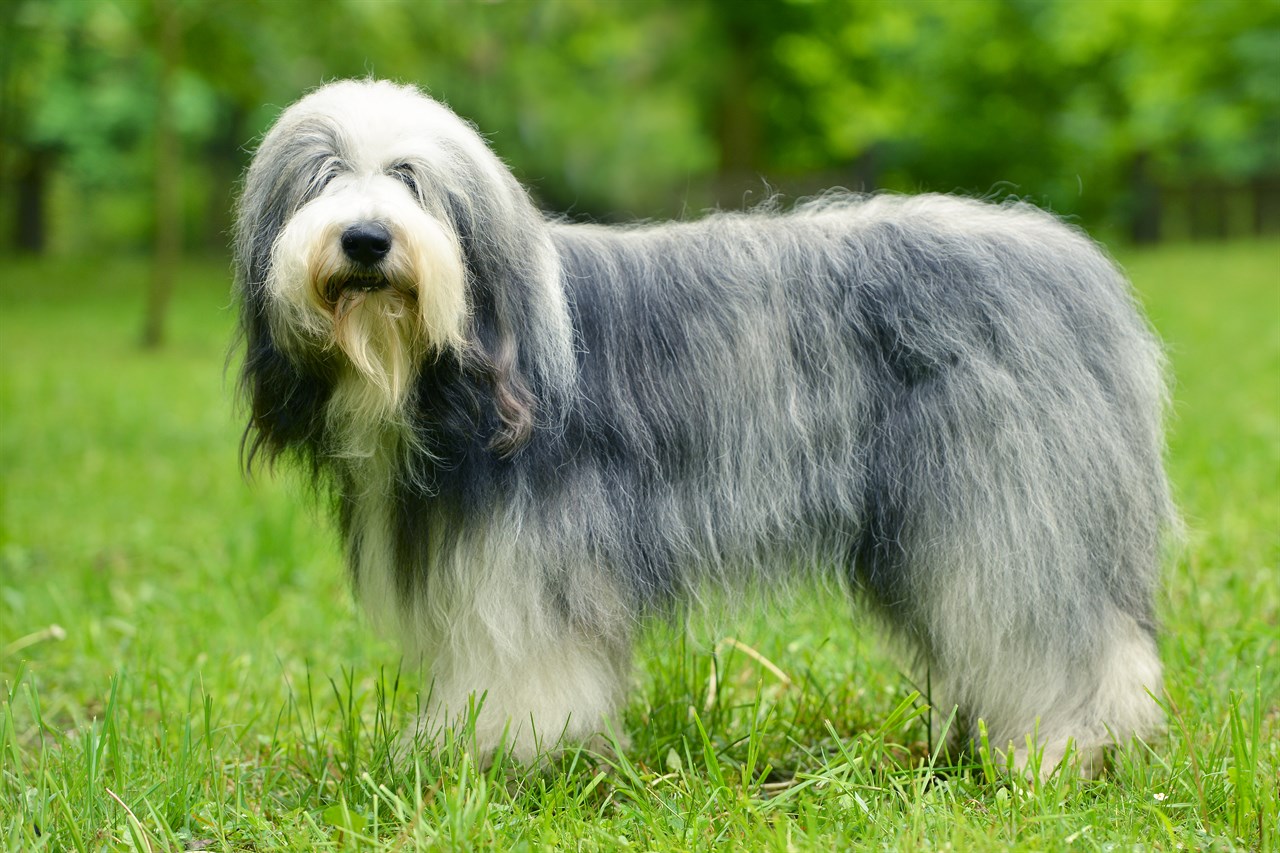Barking Habits of the Bearded Collie

Barking is a common form of communication for dogs, and Bearded Collies are no exception. Understanding their barking habits is essential for Bearded Collie owners to maintain a peaceful and harmonious environment. Here's a closer look at their barking tendencies:
Are Bearded Collies Vocal?
Yes, Bearded Collies are known for being a vocal breed. They use barking to communicate various emotions and needs. Understanding the context of their barking can help you respond appropriately to their cues. Here are some common reasons Bearded Collies may bark:
- Alerting: Bearded Collies have a protective instinct, and they may bark to alert their owners to potential threats or unfamiliar noises. This is a valuable trait that can serve as a warning.
- Playfulness: When they're excited or engaged in play, Bearded Collies may bark enthusiastically. This is often accompanied by the famous "Beardie bounce," a joyful, springy gait that reflects their exuberance.
- Herding Instinct: Their herding heritage can lead to barking as a way to gather and control animals. In a home environment, this may manifest as barking at children, other pets, or even moving objects like cars or bicycles.
- Attention-Seeking: Bearded Collies enjoy human companionship, and they may bark to get your attention or express their desire to interact with you. This is their way of saying, "Hey, pay attention to me!"
- Boredom: Like many intelligent and active breeds, Bearded Collies may bark out of boredom. They need mental stimulation and physical exercise to stay content.
- Separation Anxiety: Some Bearded Collies may develop separation anxiety and bark when left alone. This is a distress response, and it's important to address this issue through training and gradual desensitisation to being alone.
Do Bearded Collies Bark a Lot?
Bearded Collies can be quite vocal, especially when they are not adequately exercised or mentally stimulated. However, the frequency and intensity of their barking can vary from one individual to another. Some Bearded Collies may be more naturally reserved and bark less, while others may be more vocal by nature.
To manage excessive barking in Bearded Collies, consider the following tips:
- Exercise: Ensure they receive sufficient physical exercise and mental stimulation. A tired Bearded Collie is less likely to bark out of boredom.
- Training: Use positive reinforcement training methods to teach them when it's appropriate to bark and when to be quiet. Reward them for quiet behaviour.
- Socialisation: Properly socialise your Bearded Collie from a young age so they are comfortable in various situations and less likely to bark out of fear or anxiety.
- Address Anxiety: If your Bearded Collie exhibits excessive barking due to separation anxiety or other stressors, consult with a professional dog trainer or behaviourist for guidance on how to manage and reduce this behaviour.
In summary, Bearded Collies are a vocal breed that uses barking to communicate various needs and emotions. Their barking habits can be managed through proper exercise, training, and socialisation to ensure a harmonious relationship between you and your furry companion.
Bearded Collie puppies for sale
- Find Bearded Collie puppies for sale in ACT
- Find Bearded Collie puppies for sale in NSW
- Find Bearded Collie puppies for sale in NT
- Find Bearded Collie puppies for sale in QLD
- Find Bearded Collie puppies for sale in SA
- Find Bearded Collie puppies for sale in TAS
- Find Bearded Collie puppies for sale in VIC
- Find Bearded Collie puppies for sale in WA